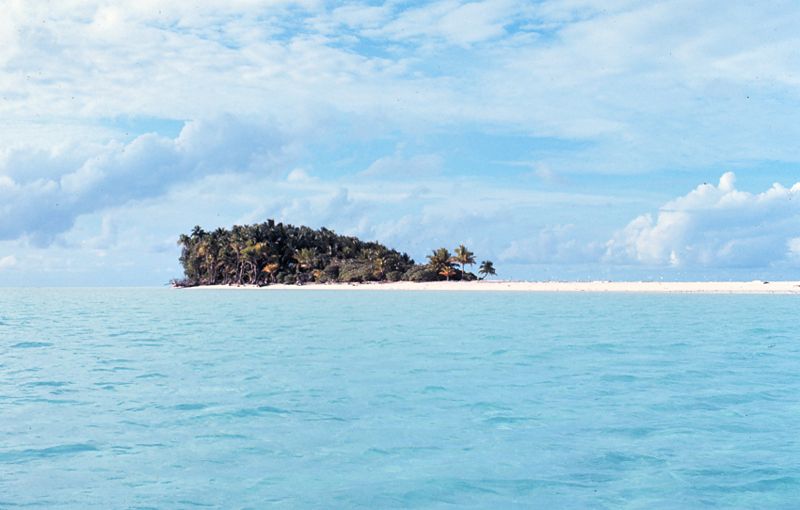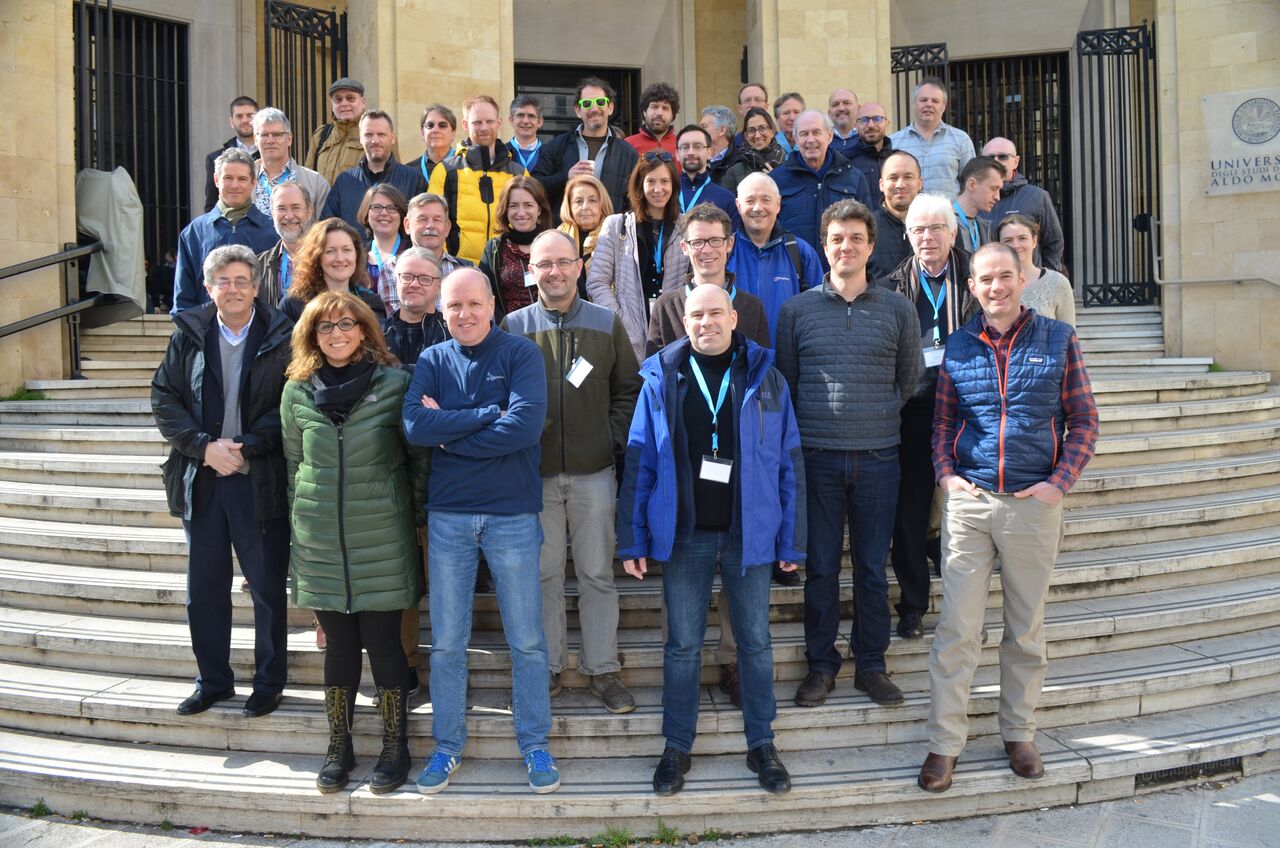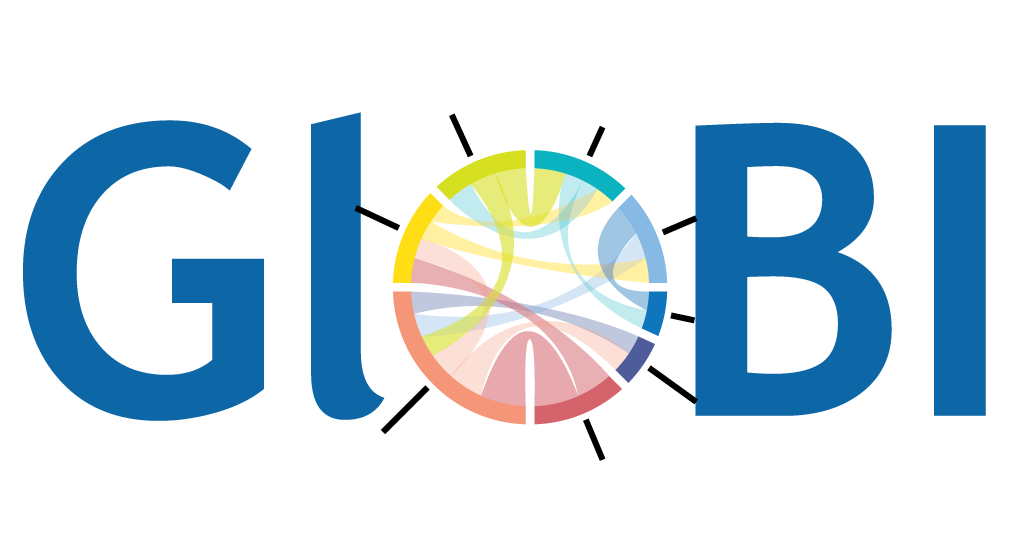Desert Island

Dr. James P. McVey. 1971. Helen's Reef - a classic desert island - elevation above sea level about 8 feet. NOAA Sea Grant Program.
At the inspiring GLOBIS-B species interactions workshop organized by Daniel Kissling et al. in Bari, Italy on 26-28 February 2018, a workshop participant asked: “What happens to GloBI if Jorrit [ed. author of this blog post] decides to move to a desert island?” to which I replied: “GloBI runs by itself.”
Reflecting on this existential exchange, I realized that my statement was both an architectural principle and an ambition: the GloBI (community) is designed/organized to run by itself. Contrary to most prevalent biodiversity infrastructures where data is stored and managed in a central location, GloBI is more like a suite of tools to discover and integrate existing species interaction data (see Ecology of Data) across various data publication platforms. This has become more obvious with the recent introduction of Elton (discovering, caching, streaming interaction data) and Nomer (linking of terms to taxonomies and ontologies). Both commandline tools are self-contained and can be used on- and offline. Also, they facilitate archiving datasets to the internet archive and building things like search indexes. The current search index used by https://globalbioticinteractions.org helps to create reports and do ad-hoc searches via the API, rglobi, or web tools. This search index itself is available for download, but, if you’d like, you can host your own, or even better, create your own faster, improved species interaction search index like Marius Bäsler did with ArrangoDB.

Participants of the GLOBIS-B Species Interactions Workshop held in Bari, Italy on 26-28 February 2018 and organized by Daniel Kissling et al. Photo shared by Antonio M. Saraiva.
What happens if I move to an deserted island? Perhaps I might forgo paying 20 dollars a year for the domain registration of “globalbioticinteractions.org” or the hosted GloBI server might go dark after the current server space contributor, Heitlinger Lab at Humboldt University, Berlin (thanks Emanuel!), decides to no longer donate about 50 euros a month to rent a server at Hetzner beyond September 2020. This server hosts a search index that is automatically rebuilt from scratch every couple of days or so. Please also consider that, even if I am sipping martinis on the beach of some (no longer) deserted island, the species interaction datasets can still be found via zenodo, github, the internet archive or various other data publication platforms, but also via open tools like Elton. Most importantly, even if zendo, github, the internet archive and data journals all go down, the idea remains that yes, you can integrate species interaction data if you publish your datasets in the open and let people know about it.
So, one could argue that GloBI does runs by itself, especially when researchers continue to subscribe to the idea of publishing species interaction datasets such that they can be found, openly accessed, integrated and re-used (as in FAIR) without having to rely on the existence of one centralized system. In fact, the benefits of decentralized FAIR-ness of the species interaction community can be made visible through a project like GloBI.
If you are interested in sponsoring the domain registration of globalbioticinteractions.org, sharing your thoughts or contributing in some other way, please visit https://globalbioticinteractions.org/contribute for contact info or get in touch with one of the authors of doi:10.1016/j.ecoinf.2014.08.005.


